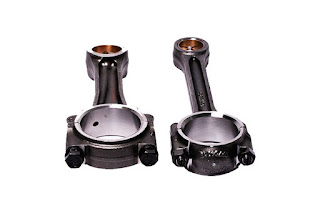The Perfect Blend of Expertise and Engineering Excellence
Precision in metal manufacture is a will for specialization and craftsmanship that runs industrial progress. With the increasing demand for high-quality materials, integrating unique processes has become the backbone of advanced engineering. Two such manufacturing techniques - steel tube production and gravity die casting - have resumed industrial efficiency by providing unique structural integrity and dimensional accuracy. While they perform different functions, their joint implementation promotes an innate production cycle that meets the developed needs of other regions. This article shows how these advanced manufacturing methods shape industrial crafts and strengthen metal-based components' reliability. Precision Steel Tube Manufacturing: Crafting Excellence in Metal An accurate steel tube company thrives on distributing superior-quality tubular structures for high mechanical strength and innocent surface finish applications. These tubes undergo careful manufacturing proc...

.jpg)

.jpg)